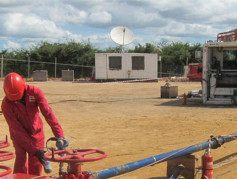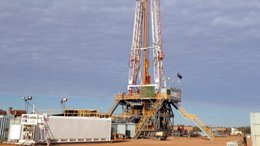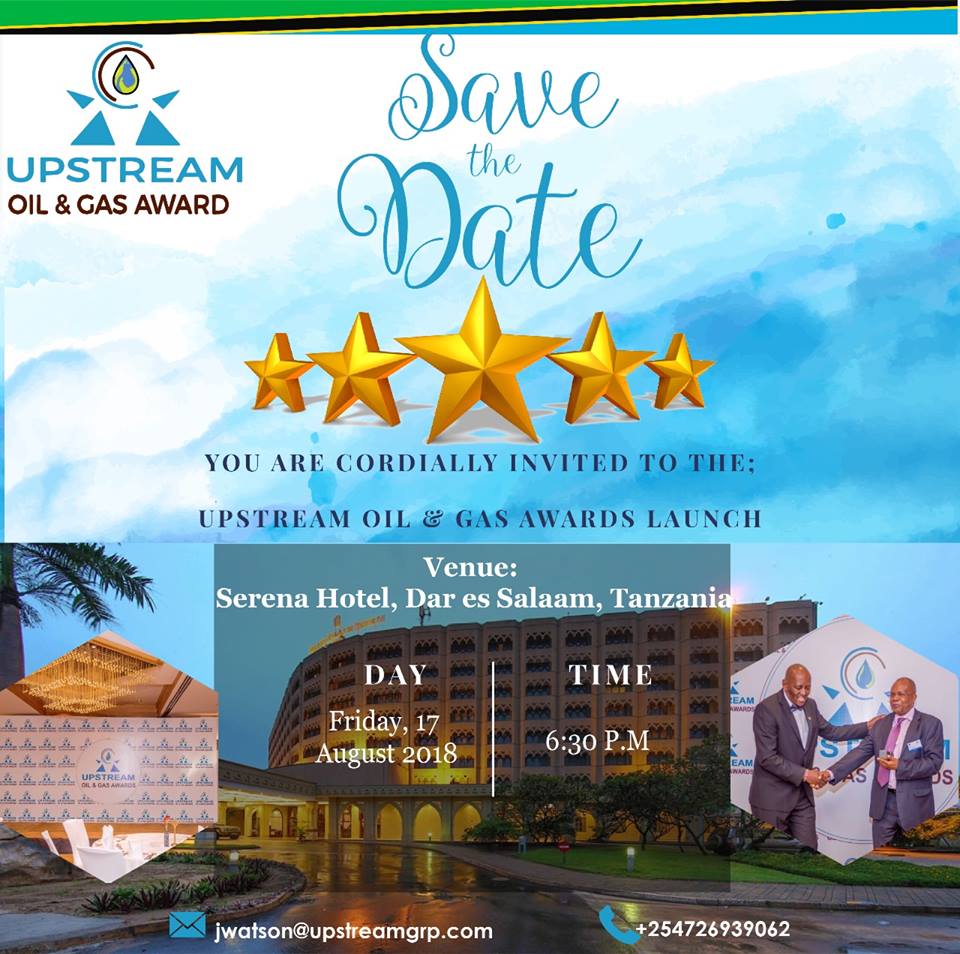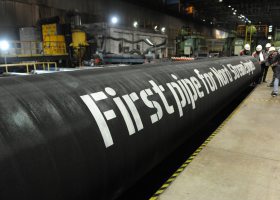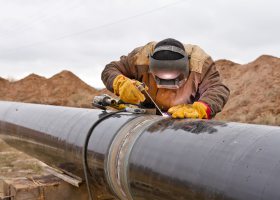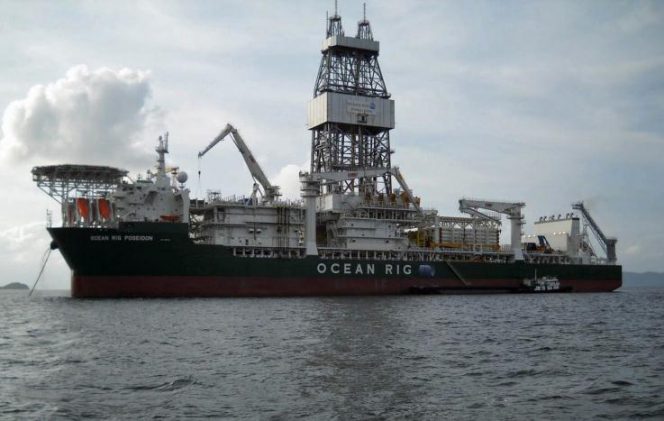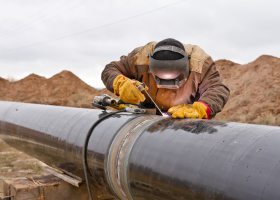Aminex Continue to Accelerate Its Drilling Operation on Shore in Tanzania
Oil and gas exploration activities make an upward curve when the oil and gas economy is good. And the inverse is true. The activities decline during periods of economic meltdown in the sector.
In periods when oil sells for a lower price in the global market, major oil companies may shift investment to the downstream sub sector of the oil and gas industry.
They do so to benefit from the low petroleum products price.
Sometimes, they move to other oil producing countries and leave the gas fields to small independents oil companies.
Do you know who the major oil companies I am talking about are?
I am talking about multinational oil companies such as Shell, Exxon Mobil, and Total.
Those big boys dabble into everything: from discovering, developing, extracting, refining, transporting to marketing oil and gas related products.
To cope with low oil prices, they may shift investment to the downstream portion of the industry.
With that in mind, the low oil price periods are often misunderstood to mean lack of opportunity.
Realistically, tough market situations present the best opportunities and make them tangible and visible.
If you can find a reputable company that makes massive discovery of oil, you can have a substantial reward.
Take, for example, a company that implements smart strategies during the low oil price periods.
Precisely, companies that target assets which remain profitable during those periods but is likely to exceed investor expectation when the oil price goes up in the global market.
UK-based Aminex Oil and Gas Production and Development Company it is.
It partners with other companies to share risks and losses to the extent of its interests.
With this approach, Aminex stands a greater chance of succeeding than they would with absence of a partner.
Aminex Secured Farm Out
Aminex has just farm out 50% stake of its Ruvuma gas exploration acreage , on shore Tanzania to Oman-based Zubair Corporation. A deal worth up to US$ 40 million.
Read also. The Influx of New Companies in the East African Upstream Oil and Gas Sector: What You Should Know.
If you are not familiar with the oil and gas business terms, “farm out” means: the owner of Ruvuma exploration license-Aminex PLC has assign the right to do the actual drilling, complete test chikumbi-1 process, and interpret 3D seismic over 200 km square in return of percentage interest in product.
The farm out offer benefits both parties. It allows Oman-based Zubair Corporation to gain development license with no cash investment and gives Aminex PLC the right to some of the future production without any cost or risk of drilling or even developing the field.
Furthermore, Aminex has received numerous proposals from the companies who are seeking to get the drilling contract of Chikumbi-1.
As we speak, Aminex has closed the tendering process for a rig to drill Chikumbi-1 and the bids will be evaluated based on technical and commercial merits.
The well is planned to be of a total depth of approximately 3500 meters.
The Key to Realizing Potential in the Current Market Condition
As you see, uncertainty is increasing in the global oil market.
The best way to realize potential in this oil price setback is to split exploration and development costs with other companies to be assigned some shares, rather than trying to do it all by yourself.
And that is why Aminex decides to deal with large, international Zubair Corporation which is reputable company in Oman with interest in the Middle East, Africa, as well as investing in a multitude of industries.
Also, as mentioned, Zubair Corporation agree to cover the cost of drilling, complete and testing of Chikumbi-1 well (formely Notrya-3) in exchange of 50% share of Ruvuma gas fields.
Aminex has position itself to succeed by signing such a smart deal.
On Location
Aminex has secured the 3,447 km2 Ruvuma in Ruvuma basin near Mozambique boarder where it is reported that more than 160 trillion cubic of natural gas has been discovered in recent years. The first assest in Aminex portfolio is Kiliwani North that started producing gas in April 2016. Aminex also developed Nyuni which hold 93.3% interest.
What Makes Oil and Gas Exploration So Successful?
You need a strong business partner to succeed in the oil exploration business. Reputable business partners help produce results.
And Aminex has picked a companies that will help them drill Chikumbi-1 without a huge capital expenditure.

